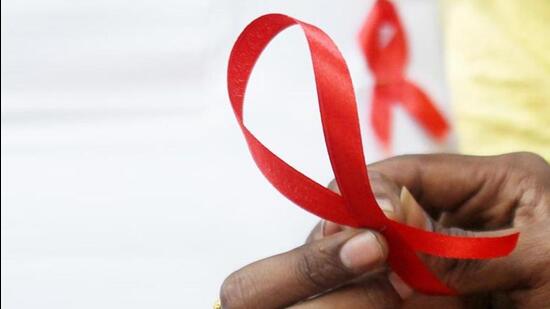
Snowmanning: The Holiday Dating Trend That Could Endanger Your Health and Emotions
4 months ago | 5 Views
In the dynamic landscape of contemporary dating, various trends emerge and fade, with some leaving behind more adverse effects than others. As the holiday season approaches, individuals are preparing for casual relationships during Christmas gatherings, New Year's Eve festivities, and reunions in their hometowns. However, a new trend has surfaced that raises alarms among experts due to its potential risks. Dubbed 'snowmanning,' this behavior mirrors the fleeting existence of a melting snowman, characterized by a rapid decline in interest towards a new sexual partner, often within a mere 24 hours. For further details, please continue reading.
Hidden dangers of holiday hookups
While a holiday romance may appear innocuous, the repercussions of snowmanning can extend well beyond the festive period. A recent survey indicated that 20% of individuals in the UK have experienced this trend, which frequently culminates in ghosting or an abrupt cessation of communication. Although the emotional impact of being disregarded can be painful, medical professionals caution that the physical dangers, such as the transmission of sexually transmitted infections (STIs), can lead to far more serious outcomes.

Experts assert that the surge in casual encounters following the lockdown has significantly contributed to the proliferation of this trend. According to survey results, over one-third (33%) of UK residents confessed to engaging in casual sex during the week of Christmas, with many rekindling past relationships or seeking holiday flings at bars, clubs, or workplace events. Alarmingly, only 20% of respondents reported using condoms during these interactions, which is exacerbating a national increase in STI cases. Official statistics reveal that STI diagnoses in England have risen by nearly one-third since 2020, with gonorrhea and syphilis cases escalating by 7.5% and 9.4%, respectively.
The survey revealed the reasons behind the prevalence of "snowmanning" among many individuals in the UK. Contributing factors such as alcohol consumption (15%), feelings of loneliness (11%), and a yearning for connection frequently result in impulsive choices during festive gatherings. Dr. Crystal Wylie, a general practitioner at Asda Online Doctor, cautions that snowmanning can inflict more than just emotional distress.
How to avoid snowmanning
As these brief encounters typically conclude without the exchange of contact information, individuals who may have unknowingly contracted STIs are unable to inform their former partners or seek necessary treatment. Dr. Wylie emphasized that "this lack of communication can create a chain of transmission." It is crucial to utilize protection and undergo regular testing, particularly during periods of heightened social interaction, such as December.

For those engaging in spontaneous holiday flings, Dr. Wylie advises taking proactive measures, such as carrying contraceptives or obtaining prompt medical consultation following unprotected sexual encounters. While the majority of STIs are treatable, they can result in severe health complications if not diagnosed in a timely manner.
Potential health risks include pelvic inflammatory disease, infertility, and even neurological damage from untreated syphilis. The NHS recommends waiting 14 days after engaging in risky sexual behavior to be tested for chlamydia or gonorrhea, and four weeks for syphilis or HIV. Common symptoms of STIs may include unusual discharge, itching, burning sensations, and bleeding between menstrual periods or after sexual intercourse.
Read Also: Brain vs. Internet: New Study Explores How Intelligence Mirrors Online Connectivity





















